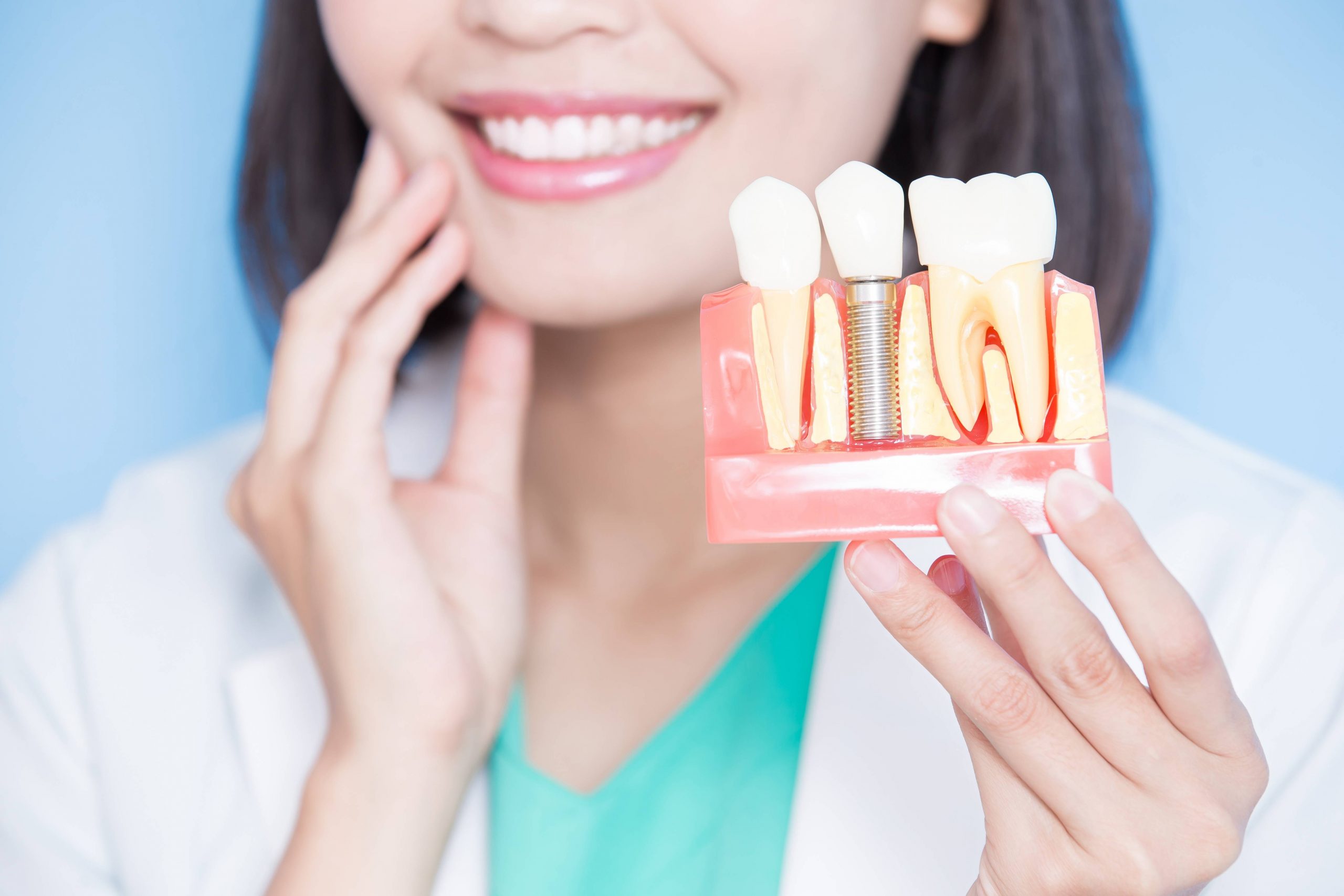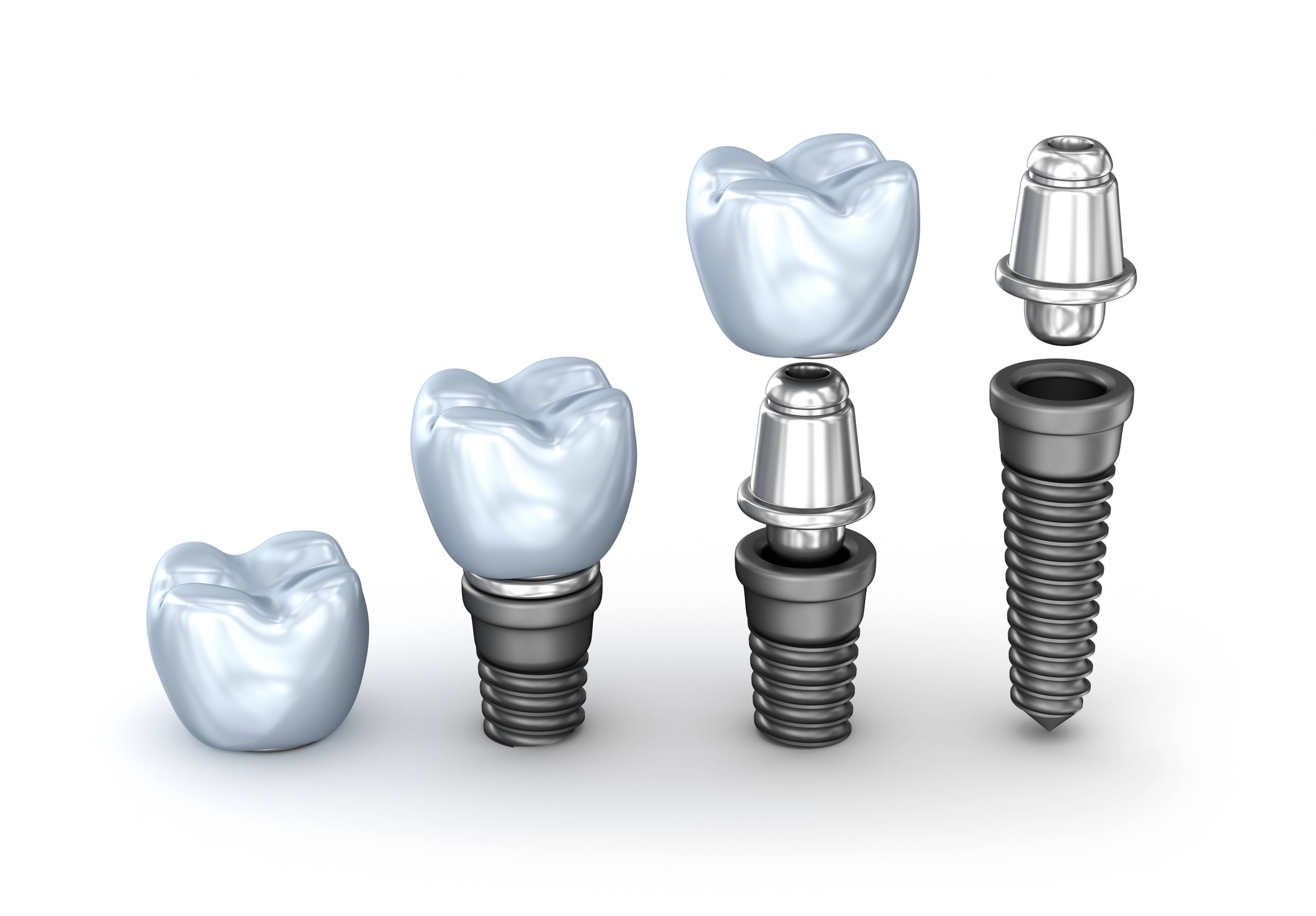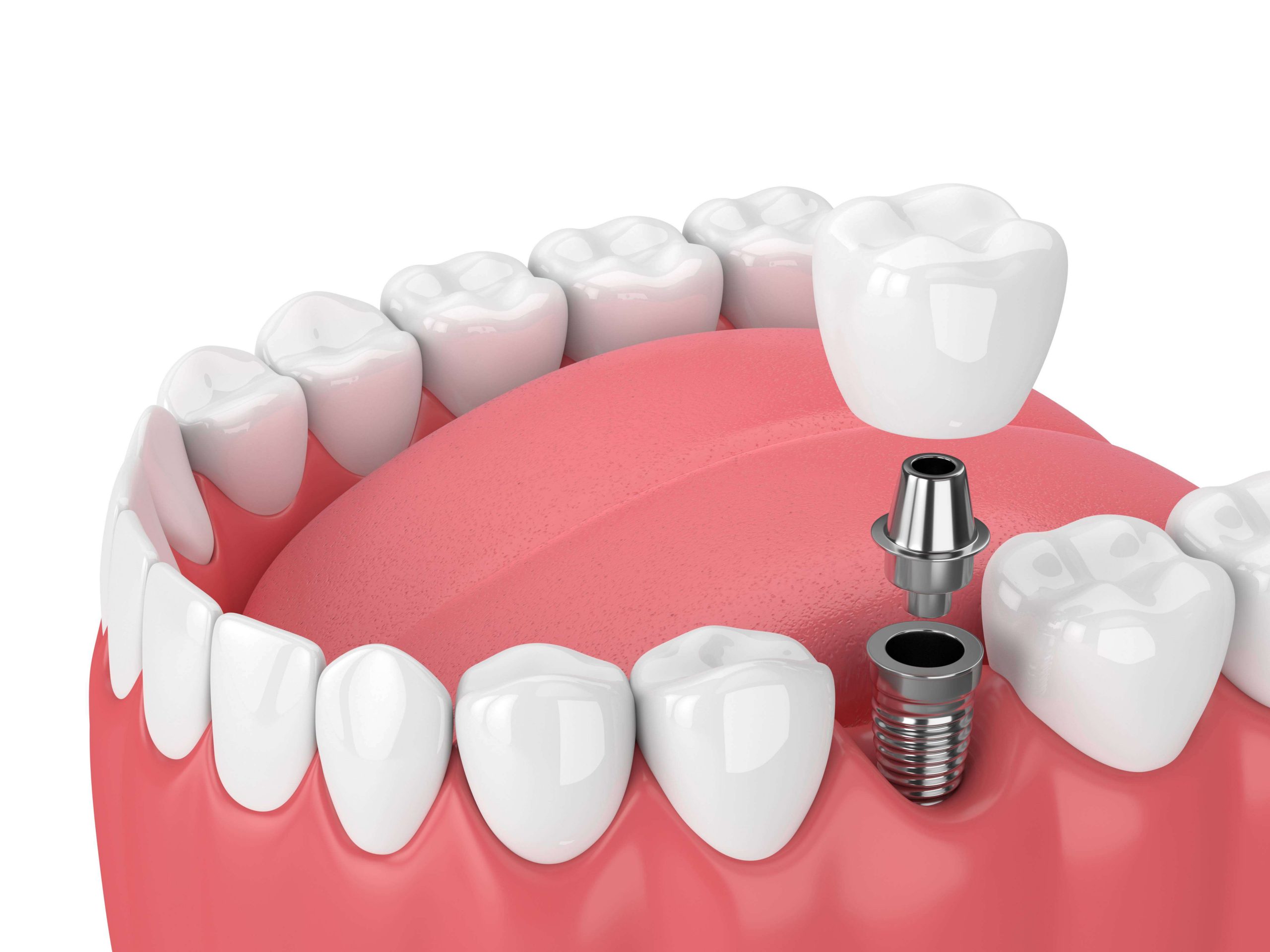How Often Do Dental Implants Need to be Replaced?
A dental crown is a type of dental restoration that places a cap over a tooth or dental implant. Crowns help keep the underlying tooth from breaking apart, and can be used to help fix an area on a tooth that is broken. There are different types of crowns available to patients, and depending on the severity of the tooth will determine which type of crown is best. Crowns are typically made of hard materials such as porcelain or ceramic, but can also be made of gold, resin, or stainless steel. They can be made to match the color, size, and shape of your natural teeth and blend in nicely.
Pros of Dental Crowns
Dental crowns improve your appearance, and can help correct any cosmetic issues in the mouth. There are many benefits to dental crowns, and crowns are commonly used today.
- Crowns are used to replace large or worn out fillings in the teeth
- Restore dental implants
- Restore cracked, injured, or damaged teeth
- Correct discoloration or alignment
- Reshape your teeth
- Keep cracked or damaged teeth from breaking down further
- Protect the underlying tooth after a root canal
- Crowns are durable and last for years
Cons of Dental Crowns
With any dental procedure there are always some disadvantages patients should consider. In some cases, crowns may need to be repaired or replaced. This is not common but does happen occasionally. During a crown procedure the tooth has to be filed down to ensure the crown can be securely placed. If a crown is not fitted properly there is risk that it can fall out, or allow bacteria to enter underneath the crown. Patients may become more sensitive to hot or cold after their crown is placed. Our office typically recommends a sensitive toothpaste to help with this issue.
If patients ever have an issue with a crown we encourage them to contact our office right away. Leaving a damaged crown untreated can lead to further issues or complications. Overall, crowns are extremely helpful in preserving teeth, and give patients a beautiful natural white smile. The benefits of crowns definitely outweigh the risks.
Interested in Dental Implants?
Caring for your implants at home is similar to caring for your natural teeth. Practicing good oral hygienehabits at home will ensure your implants last for years and never need to be replaced. Our friendly teamis here to help you achieve the smile you have always wanted. We are always available to answerquestions and help you every step of the way.
If youare interested in finding out more about dental implants and how they may benefit you, contactus to schedule your consultation as soon as possible.








